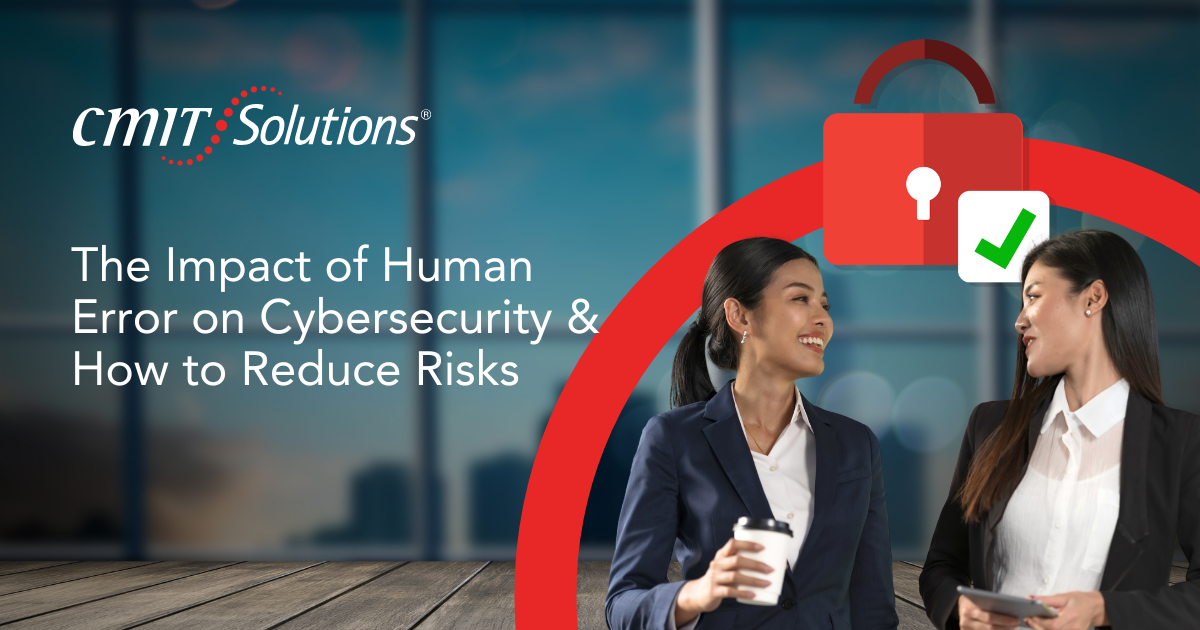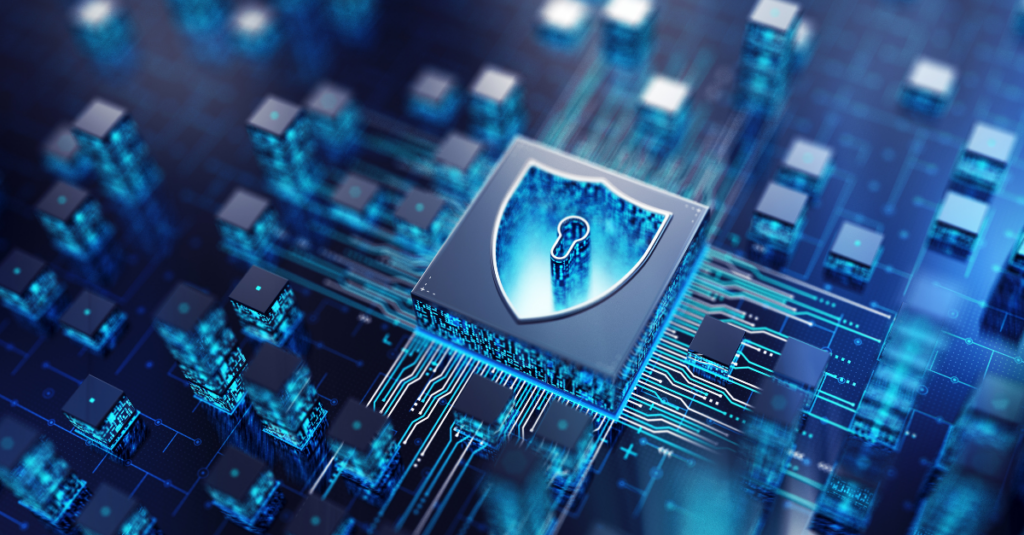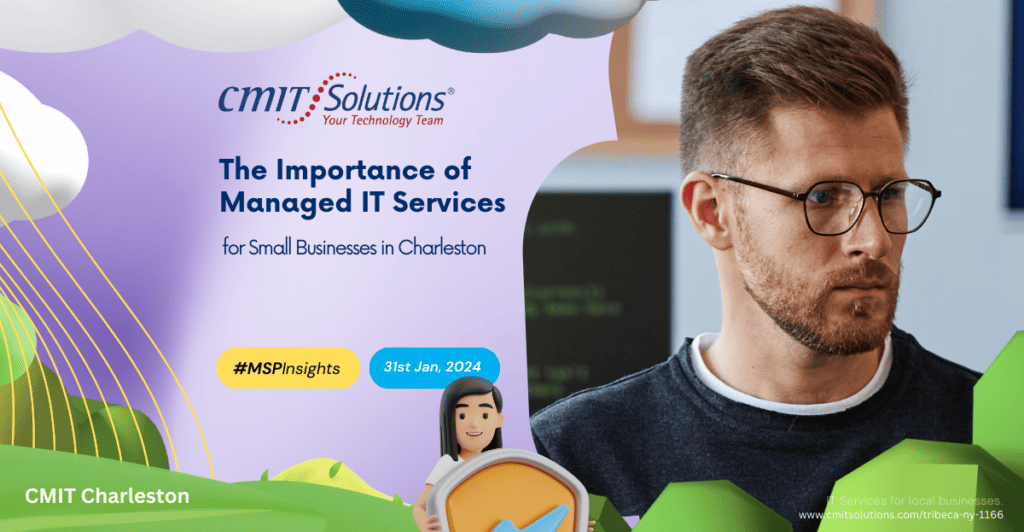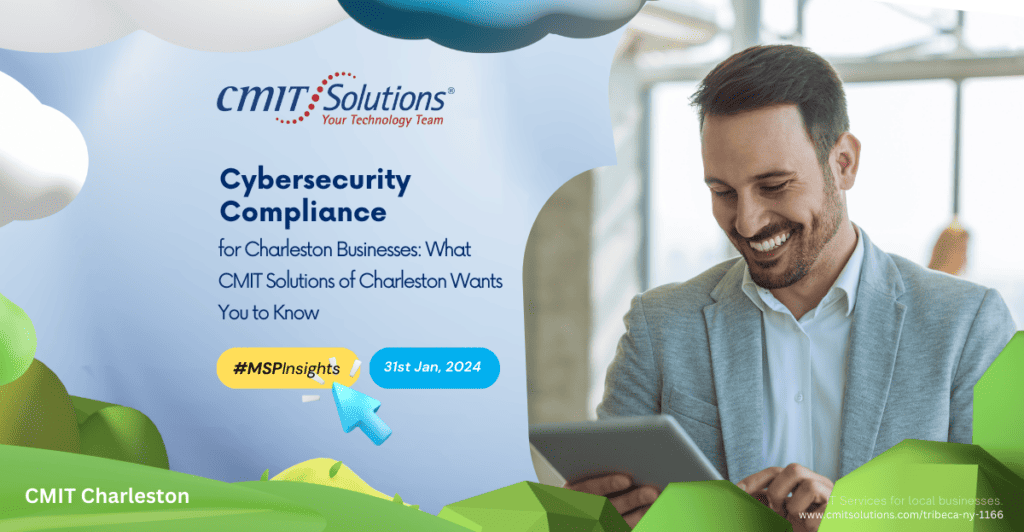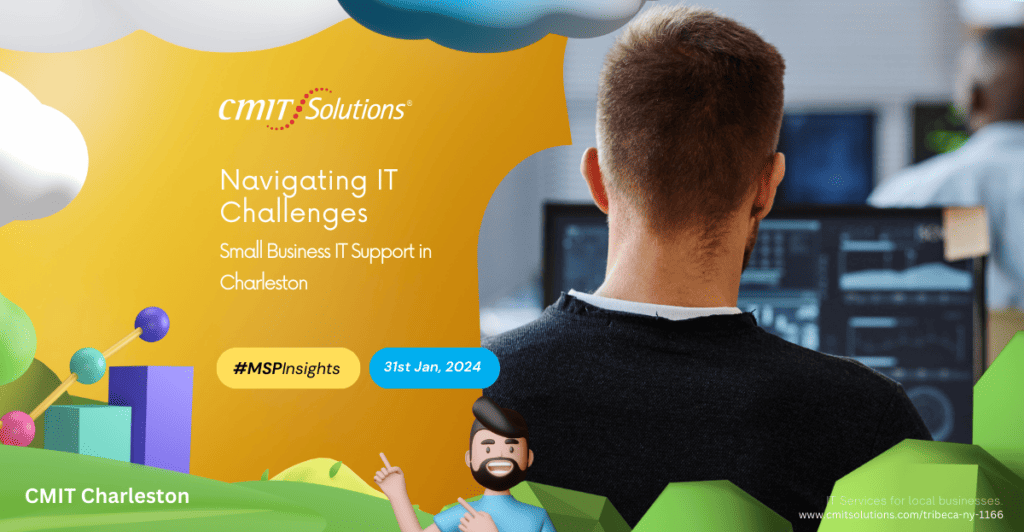Firewalls, encryption, and advanced cybersecurity technologies play a crucial role in safeguarding an organization’s data, but Charleston IT security is only as strong as its weakest link—human behavior. Employees may unintentionally expose sensitive information through weak passwords, phishing scams, or careless online activity, leaving businesses vulnerable to cyberattacks.
Human error is now recognized as one of the leading causes of data breaches. Cybersecurity services in Charleston must include comprehensive risk mitigation strategies to prevent these incidents.
This article explores common human errors in cybersecurity and provides practical solutions to reduce risks and enhance Charleston IT management.
Human Error: The Weak Link in Cybersecurity
Cybercriminals frequently exploit human weaknesses to gain unauthorized access to corporate systems. Understanding the most common human errors is the first step in building an effective managed IT support provider in Charleston strategy.
1. Weak, Unsecured Passwords
Passwords act as the first line of defense in Charleston IT infrastructure, but many employees:
- Use weak passwords such as “123456” or “password.”
- Reuse the same password across multiple accounts.
- Write passwords down or store them in unsecured locations.
To mitigate this risk, IT admins should enforce strong password policies and encourage employees to use password managers. Implementing multi-factor authentication (MFA) further strengthens account security.
2. Outdated or Insecure Software
Cybercriminals often target outdated software with known vulnerabilities. Businesses relying on legacy systems without regular updates risk security breaches.
Shadow IT, where employees download and use unauthorized applications, increases these risks. Without IT approval, these programs may lack proper security measures, leaving organizations vulnerable.
IT admins can address this by:
- Enforcing automatic updates for all business applications.
- Restricting software installation privileges.
- Monitoring and approving third-party tools through Charleston IT support services.
- Low-Security Awareness
Without proper training, employees may unknowingly expose the company to cybersecurity threats. Cybersecurity solutions provider in Charleston highlights phishing as a major risk, where employees:
- Click on malicious links in emails.
- Download suspicious attachments.
- Share sensitive credentials with attackers.
Regular security awareness training is essential to help employees identify social engineering tactics and phishing scams.
4. Carelessness in Handling Sensitive Information
Unintentional mistakes can cause serious security breaches. Employees may:
- Send confidential emails to the wrong recipient.
- Share sensitive business data on unsecured platforms.
- Use personal devices that lack security measures.
Encouraging employees to double-check recipient addresses before sending emails and implementing data loss prevention (DLP) tools ensures that confidential data is not improperly shared.
How to Mitigate Human Error in Cybersecurity
1. Security Awareness Training and Risk Assessments
An effective cybersecurity strategy starts with employee training. IT teams should:
- Conduct regular cybersecurity training sessions on phishing, password security, and malware threats.
- Perform risk assessments to identify vulnerabilities within company networks.
- Simulate phishing attacks to test employee readiness and improve security awareness.
By incorporating ongoing training programs, businesses can significantly reduce security risks caused by human error.
2. Enforcing Access Controls and Data Restrictions
Employees should only have access to the data necessary for their job roles. IT compliance in Charleston requires organizations to implement role-based access control (RBAC) to:
- Restrict access to sensitive data.
- Limit employee permissions based on their responsibilities.
- Use single sign-on (SSO) systems for seamless, secure authentication.
By enforcing strict access controls, companies minimize the risks of unauthorized data exposure and limit the damage if credentials are compromised.
3. Clear Cybersecurity Policies and Guidelines
Businesses must develop and enforce cybersecurity policies that cover:
- Password best practices (e.g., length, complexity, and storage).
- Guidelines for handling sensitive information.
- Procedures for reporting security incidents.
Incorporating clear guidelines within Charleston IT consulting ensures that employees understand their role in maintaining security.
4. Endpoint Security and Device Protection
With the rise of remote work, securing employee devices is critical. IT teams should:
- Implement endpoint detection and response (EDR) tools to monitor suspicious activity.
- Require encryption for sensitive business files.
- Deploy mobile device management (MDM) software to secure company data on personal devices.
Ensuring proper device security prevents cybercriminals from exploiting unprotected employee endpoints.
5. Regular Software Updates and Patch Management
Hackers frequently target software vulnerabilities. Businesses must:
- Configure automatic updates for all applications.
- Maintain a patch management system to address security gaps.
- Monitor software versions and replace outdated legacy systems.
Keeping software updated minimizes the risks of cyberattacks exploiting unpatched security vulnerabilities.
6. Advanced Email Security Protocols
To combat phishing and email fraud, businesses should implement:
- Email filtering tools to block spam and malicious messages.
- Domain-based Message Authentication, Reporting & Conformance (DMARC) to prevent email spoofing.
- Employee verification procedures for sensitive financial transactions.
By enforcing strong email security policies, businesses can prevent many of the most common cyber threats.
7. Cloud Security and Backup Strategies
Protecting business data in the cloud requires robust cloud backup in Charleston and security policies. IT admins should:
- Configure automatic cloud backups to prevent data loss.
- Apply multi-factor authentication (MFA) for cloud-based applications.
- Monitor cloud activity logs for unusual behavior.
By adopting secure cloud practices, businesses ensure data integrity and reduce cybersecurity risks associated with human error.
Conclusion
Human error remains one of the most significant cybersecurity risks facing businesses today. Weak passwords, phishing attacks, outdated software, and careless handling of data can compromise even the most advanced security defenses.
By prioritizing security awareness training, enforcing access controls, strengthening endpoint security, and ensuring compliance with cybersecurity best practices, businesses can mitigate human error risks and enhance overall security.
For companies looking to improve Charleston IT support services, CMIT Solutions of Charleston provides comprehensive cybersecurity solutions tailored to your business needs. Contact us today to safeguard your organization against cyber threats.

